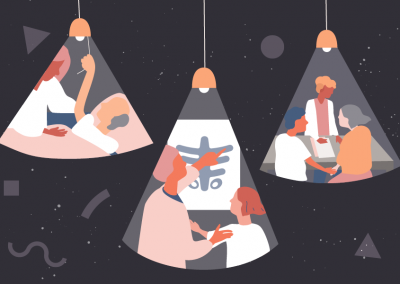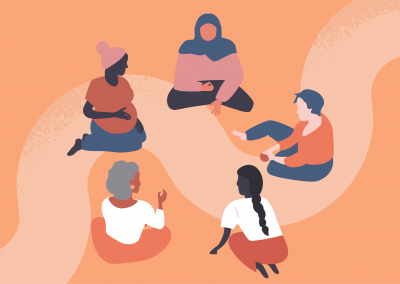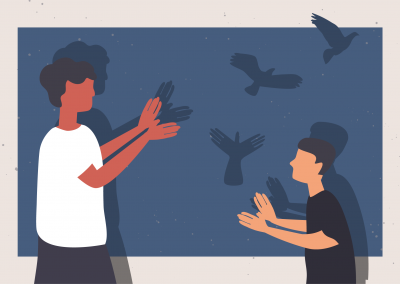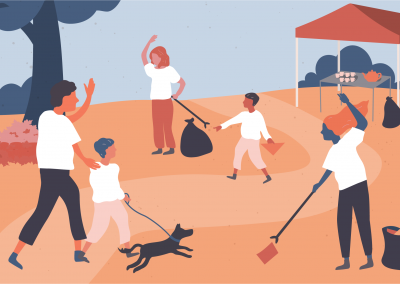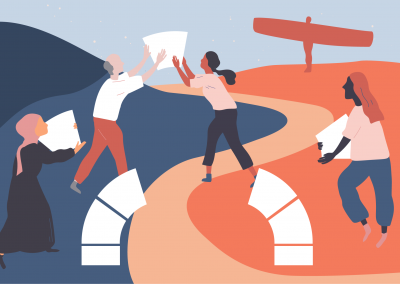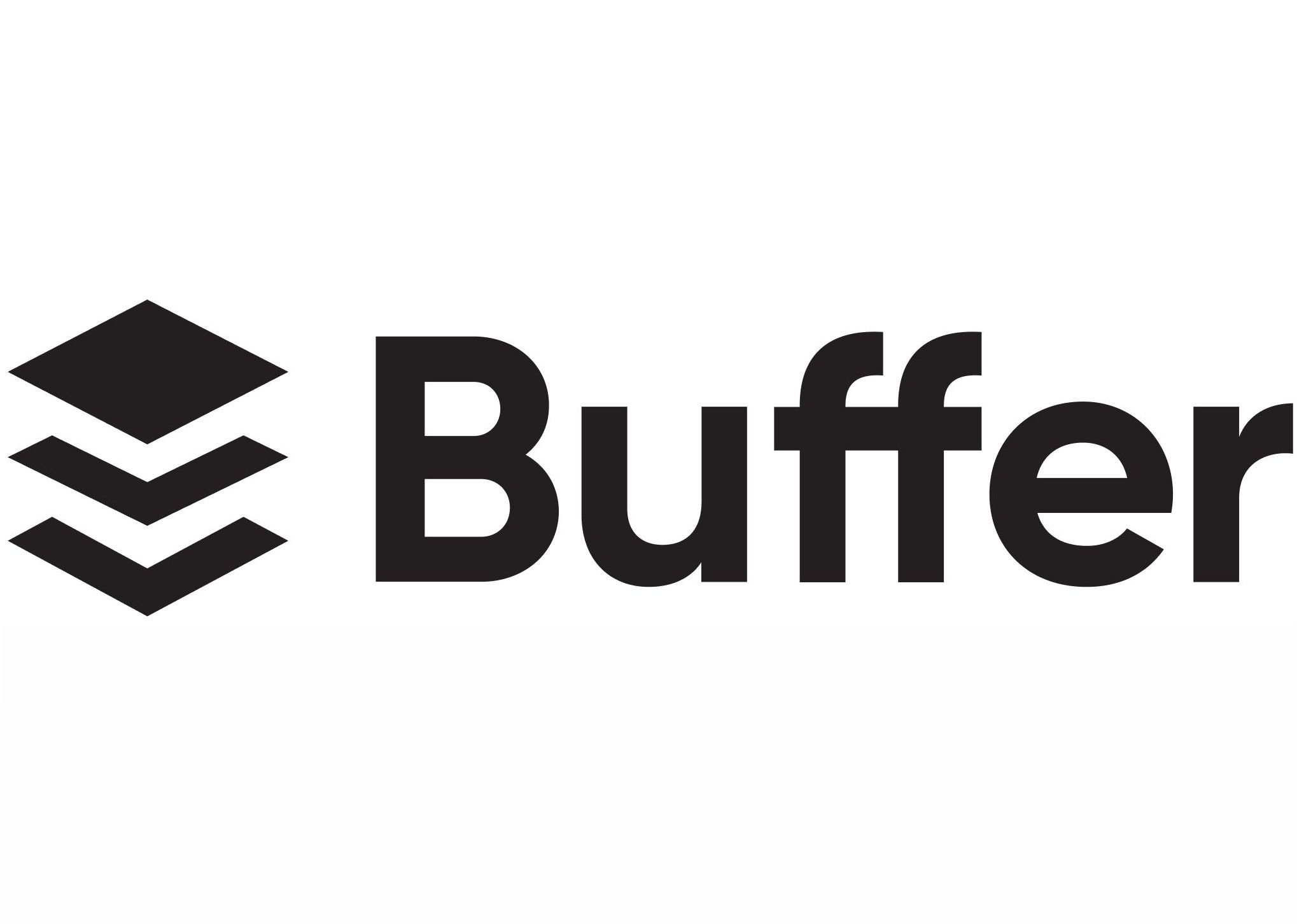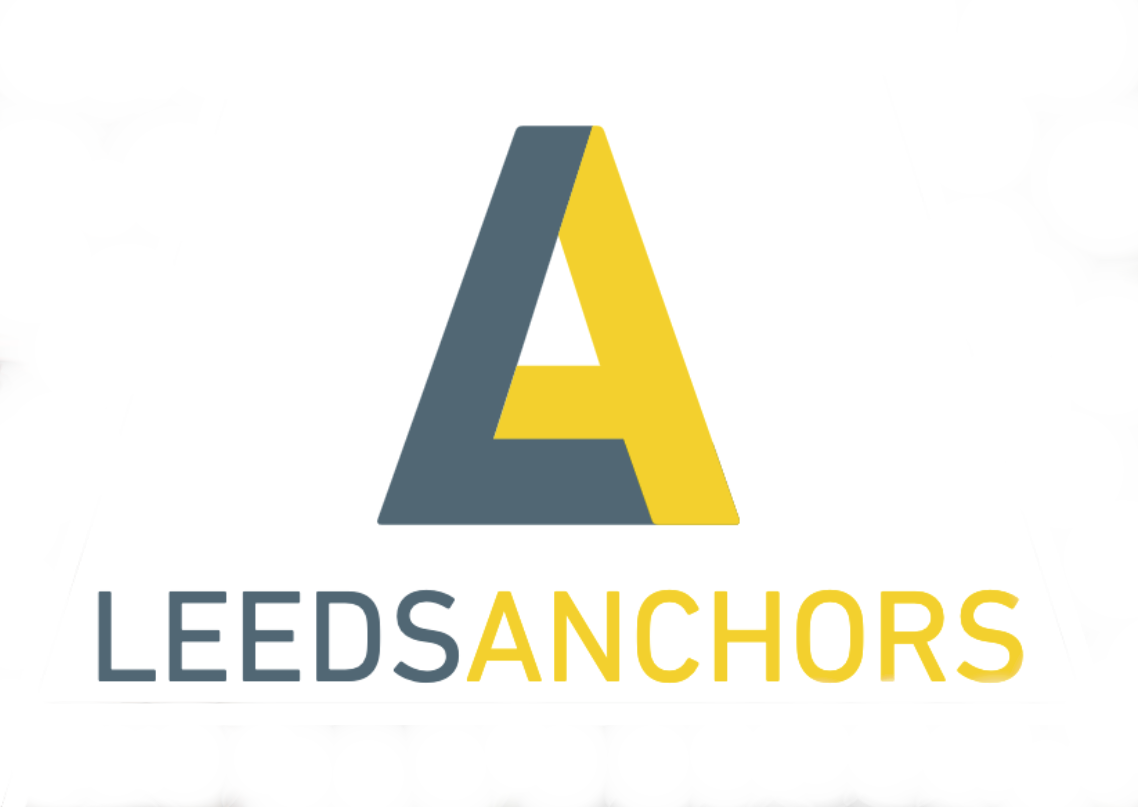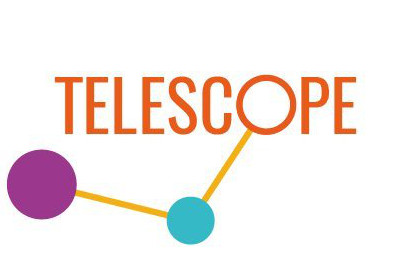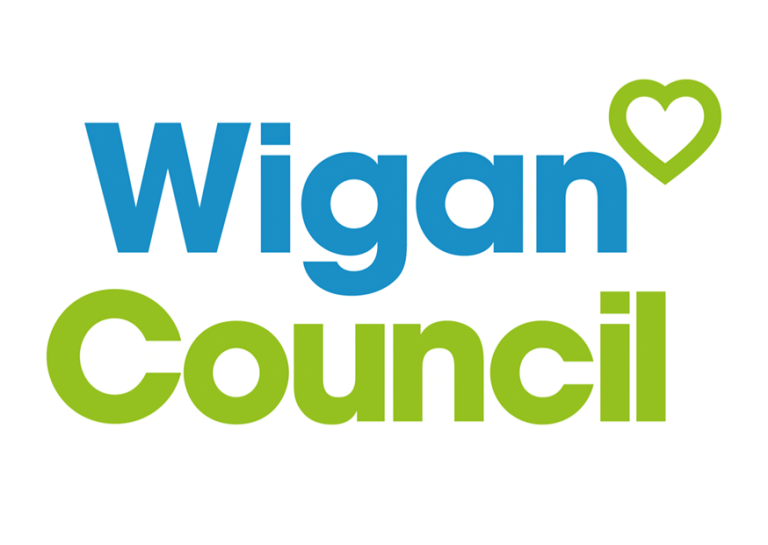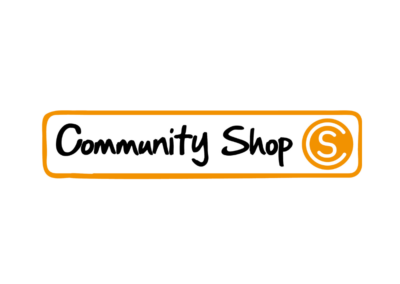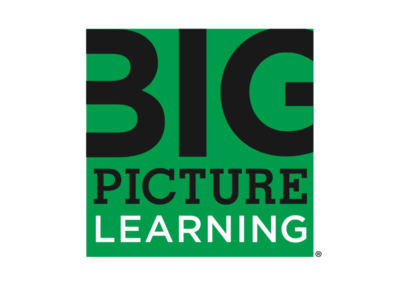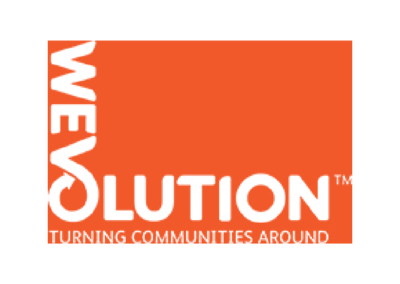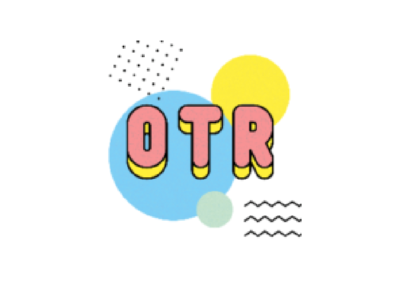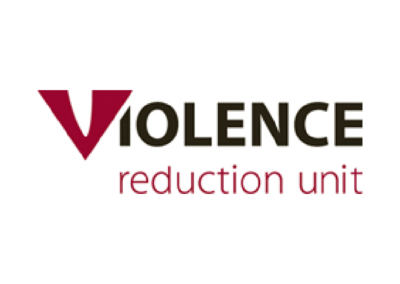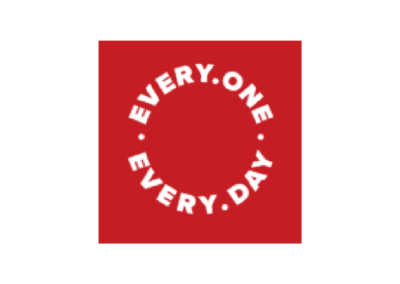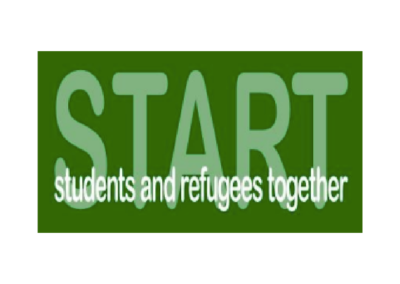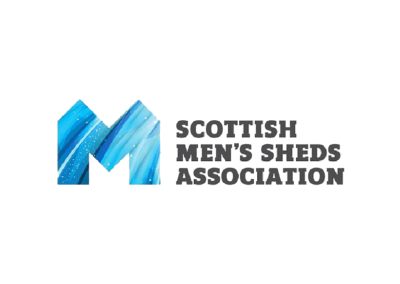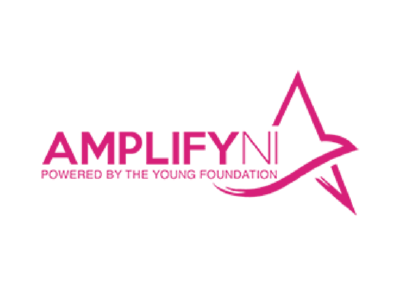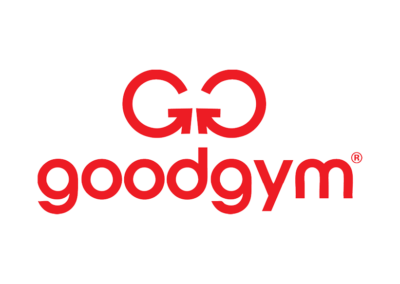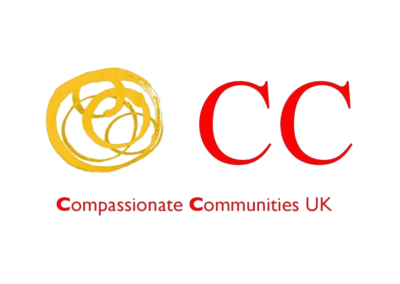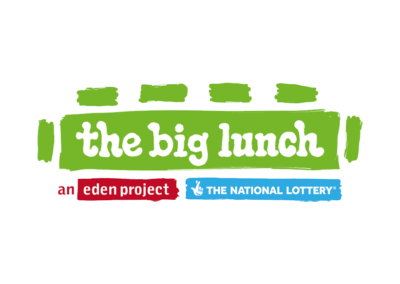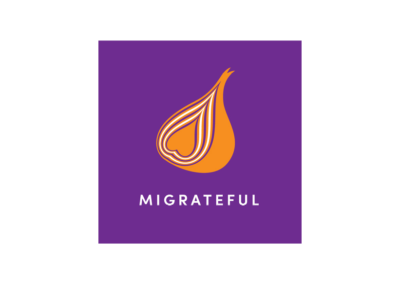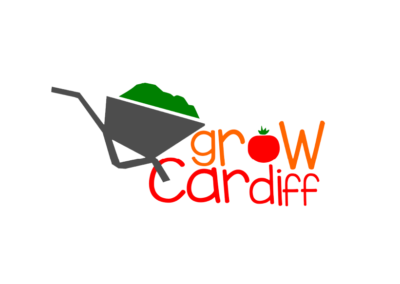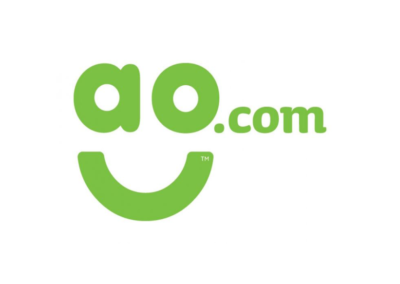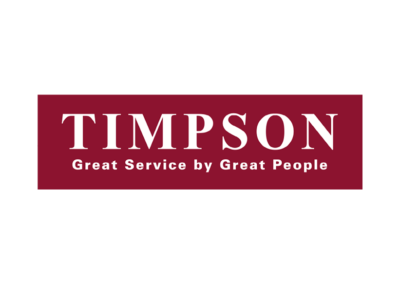Case study: Telescope
Connecting policymakers and frontline workers to solve social issues
Introducing Telescope
Launched in 2019, Telescope is a social enterprise that “connects policy and social sector workers for collaborative, practical learning experiences” to help solve societal challenges. There is often a disconnect between policymakers and frontline experts, meaning frontline expertise is undervalued in the policymaking process, weakening outcomes. Telescope therefore wants to “blur the lines” between these two groups – work rooted in a wider belief that systems are built on relationships.
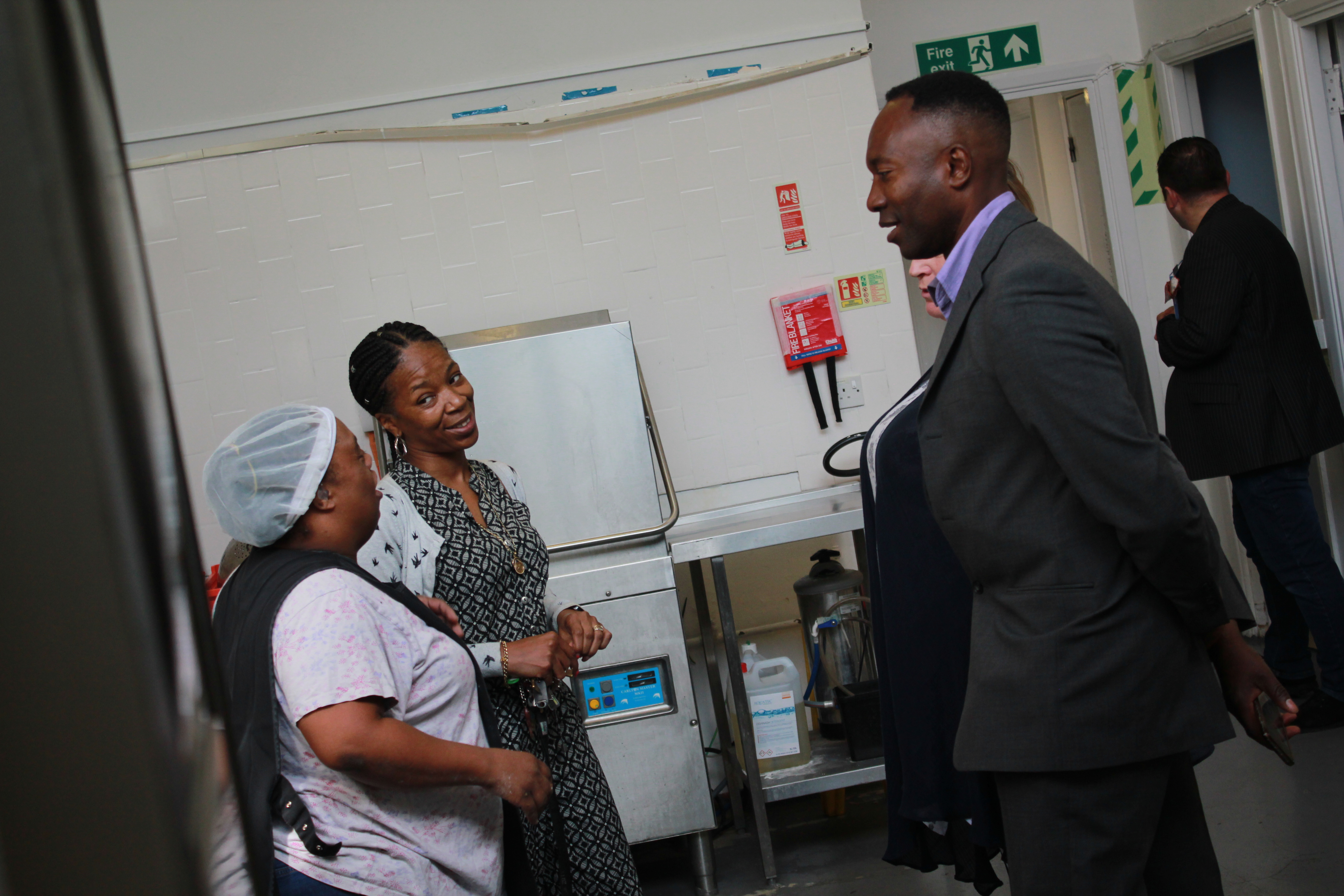
How does Telescope work?
Telescope’s programmes are in-person and (especially during Covid) digital, and range from group experiences through peer-to-peer coaching and bespoke offerings. Telescope has run programmes for participants working on social isolation, homelessness and refugee rights, and is planning more for people working in social care and environmental policy. The essential ingredient is policymakers and frontline staff coming together.
“It is often from the people policymakers speak to least but think about most that the best insights come,” said Telescope Co-Founder Hebe Foster during a conversation that informed this case study.
Whatever the format, Telescope’s learning experiences are structured around three fundamental stages:
- Building empathy: The belief that empathy can drive meaningful change is crucial to Telescope’s programmes. When it comes to building strong policymaking relationships, empathy is both powerful and often undervalued. Telescope is practising what they preach by putting intentional empathy building at the start of their programmes in the form of framing, expectation management and the use of introductory tools and exercises. This can feel surprisingly novel to participants. “In terms of the actual relationship, it’s just people who are basically looking at the same problem but from different angles and who don’t necessarily talk to each other in this more empathetic, human, focused way,” Hebe says. She says participants often remark that they haven’t done anything so “human” for some time.
- Identifying insights: Telescope then helps participants draw on their respective perspectives and expertise to identify insights that could help improve policy or the policymaking process.
- Developing ideas: Using these insights, Telescope programmes conclude by helping participants develop ideas for improving policy or the policymaking process to actually carry forward.
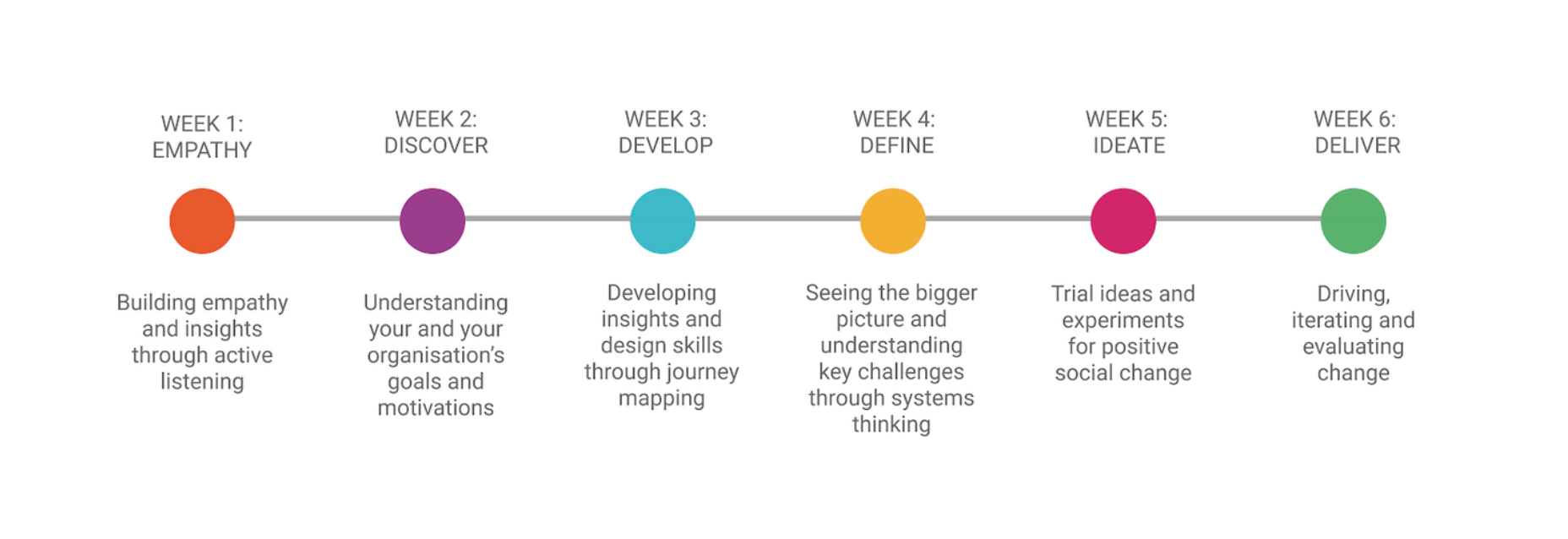
The stages of Telescope’s Connect programme
What makes a ‘successful’ relationship between policymakers and frontline staff? Telescope programmes propose three primary learning outcomes for participants:
- Insights: Better knowledge of the realities of people’s roles in tackling the same social challenges from different perspectives.
- Tools: A stronger understanding of design-thinking, innovation and problem-solving tools.
- Networks: Lasting, supportive connections between policymakers, frontline workers and social innovators.
These learning outcomes revolve around fostering a policymaking culture that is better connected and equipped to make decisions that draw upon deep understanding and useful tools. Although the third outcome is the most obviously relational, strong relationships are also the vehicle for both generating insights and using tools to improve policy.
There is also a fourth ‘bonus’ outcome, over which Telescope has less control:
4. Policy progress: Practical progress on implementing a new or improved policy idea. This is impossible to control for Telescope, given the number of external variables that take over once participants leave the programme. But it remains an ideal outcome.
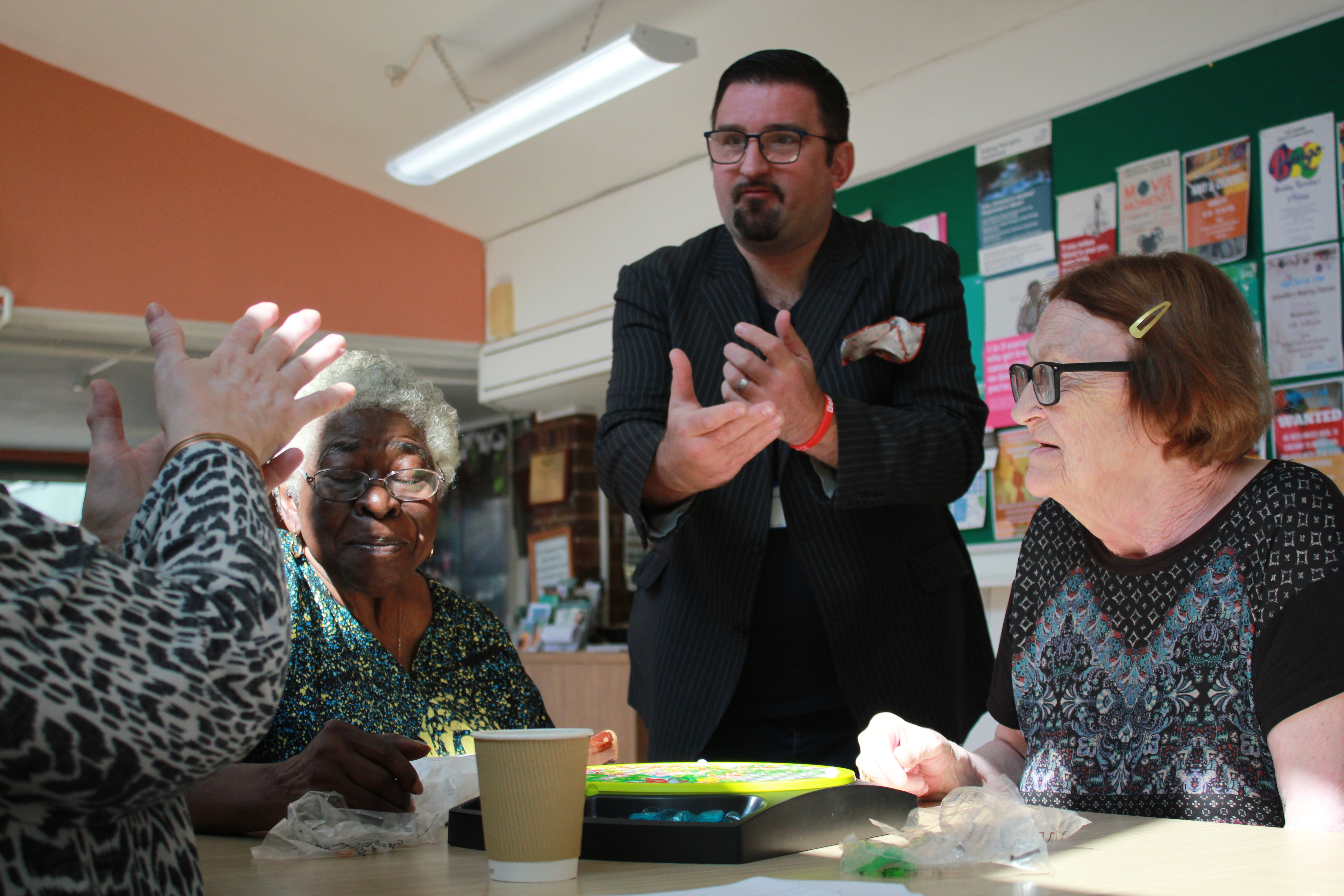
What can we learn from Telescope?
Within the framework above, Telescope facilitates new relationships between policymakers and frontline staff very thoughtfully. A number of insights are useful for relationship-centred practitioners elsewhere.
Pairing compatible profiles
Telescope doesn’t vet participants, but some features of participants’ work profiles strongly influence how successfully new relationships between policymakers and frontline staff will generate the outcomes above. Ideally, policymakers will be senior enough to have agency, but junior enough that they can be a disruptor. The frontline worker will at least work regularly with service users, and possibly have lived experience of the social issue themselves. Both participants will ideally have the time, leeway and commitment to push ideas forward.
Telescope recognises that relationships exist in a system. Much can be done to facilitate positive interactions when people are together, but participants’ place in their wider system is a constraining or enabling factor in how much these new relationships can achieve. Working on relationships is also working on and through these wider systems.
Replacing scepticism with empathy
Participants will often have understandable doubts about participating. Frontline workers may doubt policymakers’ commitment to listening and building a genuinely collaborative relationship, especially if they have experienced flying visits or tokenistic consultations before. Policymakers, on the other hand, might worry that they will be met with scepticism, or worry that frontline demands won’t be practicable. More generally, Telescope asks participants to be open in an unfamiliar interaction, and this requires vulnerability.
Telescope works hard to turn such scepticism into empathy and trust. Before and at the start of the programme Telescope emphasises the importance of humility, open-mindedness, dropping preconceptions and listening actively. There is a sense that growing a new relationship can first require wiping clean the old one, or at least the preconceptions of the old one.
Hebe said that she and her Co-Founders have been pleasantly surprised at how receptive participants are to this when given the opportunity. She has also sensed a shift in language, especially in local government, from ‘networking’ to ‘connection’, suggesting a wider openness to deeper, more empathetic interactions over shallow connections.
Breaking down power dynamics
For participants to cooperate productively, it helps if they feel like mutual partners with complementary expertise, not unequal partners in an imbalanced relationship. Empathy, and the messaging around it helps establish this footing, but doesn’t entirely equalise power dynamics.
Typically policymakers are perceived to have more power, although not always. One way Telescope mitigates this is holding in-person gatherings in frontline environments. This not only allows a richer “showcase” of frontline dynamics that should inform policy, but helps ensure frontline participants feel at ease and empowered.
Visualising relationships
Telescope participants work in the same system and towards complementary goals. Visualising this common purpose – making it tangible – can reinforce it. Telescope uses tools like active listening, network mapping and user journey mapping to “help participants to think more deeply about which stakeholders have power and influence in the system.” This often proves useful to participants.
Using accessible tools and techniques
Facilitation tools and techniques play an important role in the relatively structured relationship between participants. Telescope encourages active-listening techniques like those in this Very Well Mind guide. The team has also designed value-mapping frameworks, to help create a safe space in which a focus on formal job titles and roles is replaced with a focus on participants’ human values.
Such tools are themselves a learning outcome, and can help participants continue to collaborate beyond the end of the programme. But the tools must feel accessible to all – even those not well-versed in service design and facilitation. Telescope recognises this, and that when used effectively, such tools can equip participants to grow better relationships moving forwards.
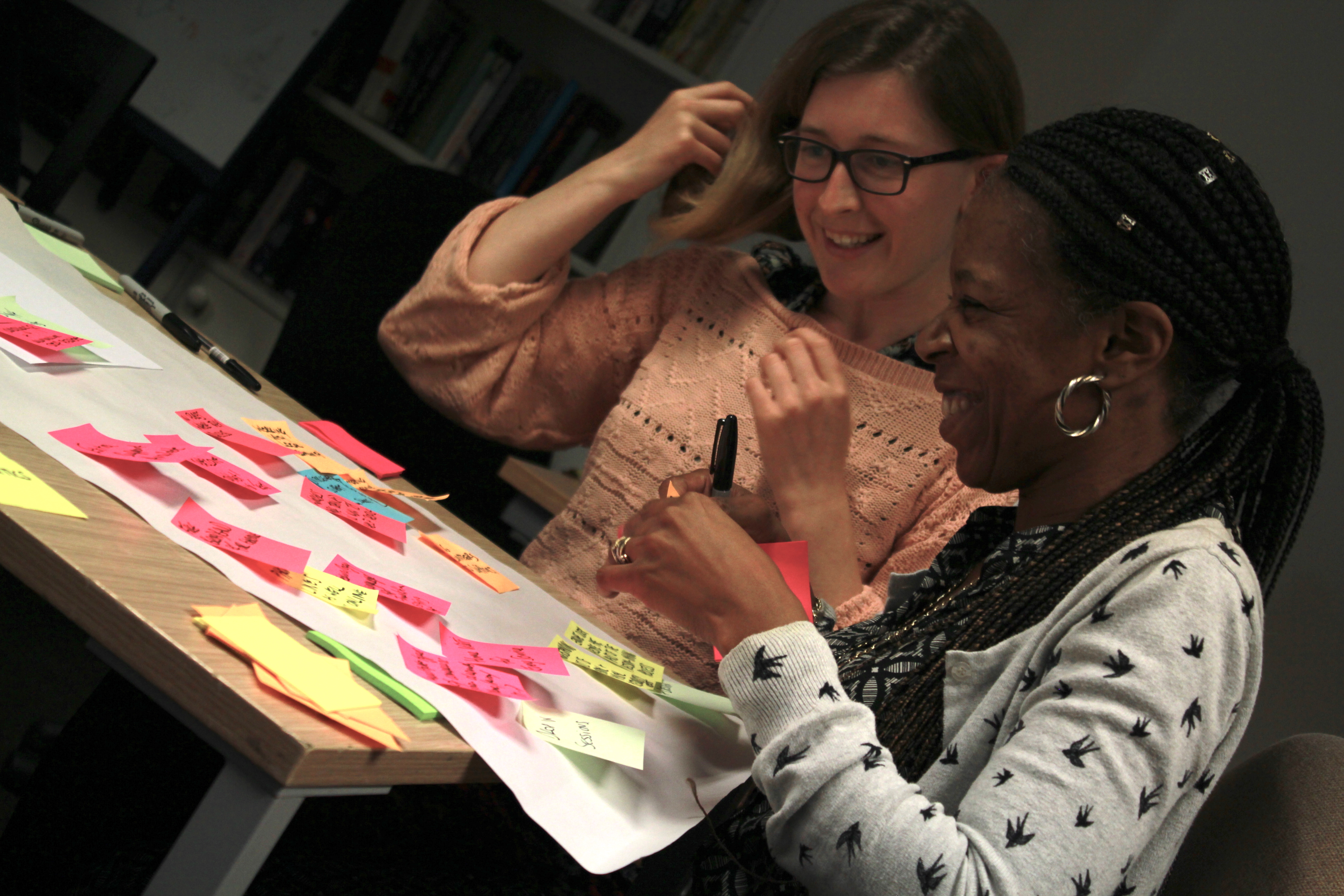
Ongoing challenges
Facilitating Zoom relationships
Covid has meant Telescope can’t host in-person programmes, depriving the learning experiences of the warmth and empathy of face-to-face interactions. That said, Covid has accelerated Telescope’s digital programming – something the team hopes to sustain, especially as it makes programmes accessible for people beyond London and people with care responsibilities.
The key stages that structure Telescope’s programmes – building empathy, identifying insights and developing ideas – still work in a digital environment. But Zoom relationships can be tough to foster. Telescope has made good use of breakout rooms to ensure unobserved one-to-one time, and is considering randomly allocating one-to-one ‘coffeebot’ chats between sessions for future programmes.
Impact measurement
Telescope has collected some promising early impact data. 82% of 45 participants wish to participate again, and 82% gained new insights into challenges within the sector. Nevertheless, impact measurement is tricky. Partly this is due to a small sample size. But Telescope’s desired outcomes are also difficult to capture – either intangible or continuing beyond the remit of the programme. (The question of how we might measure the quality and impact of relationships is something we’re working on here at The Relationships Project.)
Long-term support
An ongoing challenge for Telescope is developing a way to maintain long-term supportive relationships with and between participants after the programme. Though they do organise check ins, Telescope recognises that collaborative relationships require long-term space to grow.
Want to know more?
What’s next for Telescope?
As we emerge from Covid, Telescope is planning digital and in-person programmes relating to environmental policy, social policy and more.
Further reading
- Telescope’s website gives more detail about their work.
- As does their 2019/2020 impact report.
- Telescope’s interview with Yale academic Claire Yorke offers an interesting perspective on the role of empathy in policymaking.
- The Centre for Public Impact’s projects on the value of listening in public services has been a valuable reference point for Telescope.
- Telescope has also produced a range of as-yet unpublished case studies about its 2019-2021 work. If you’re interested in reading these, the team would be happy to send them to you. Simple email Hebe Foster at hebe@wearetelescope.org.

